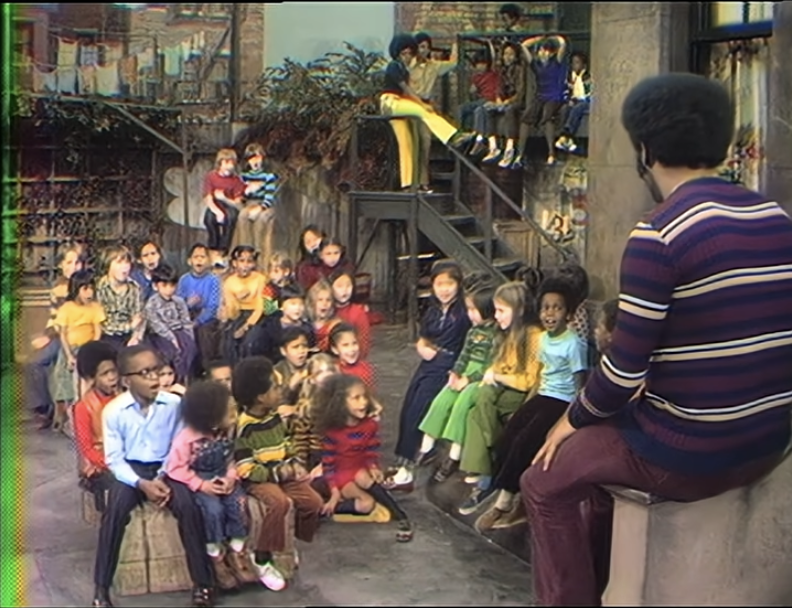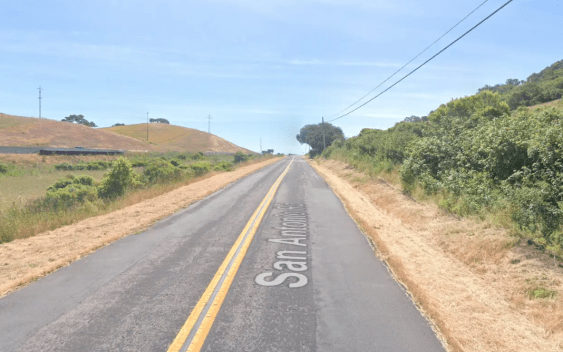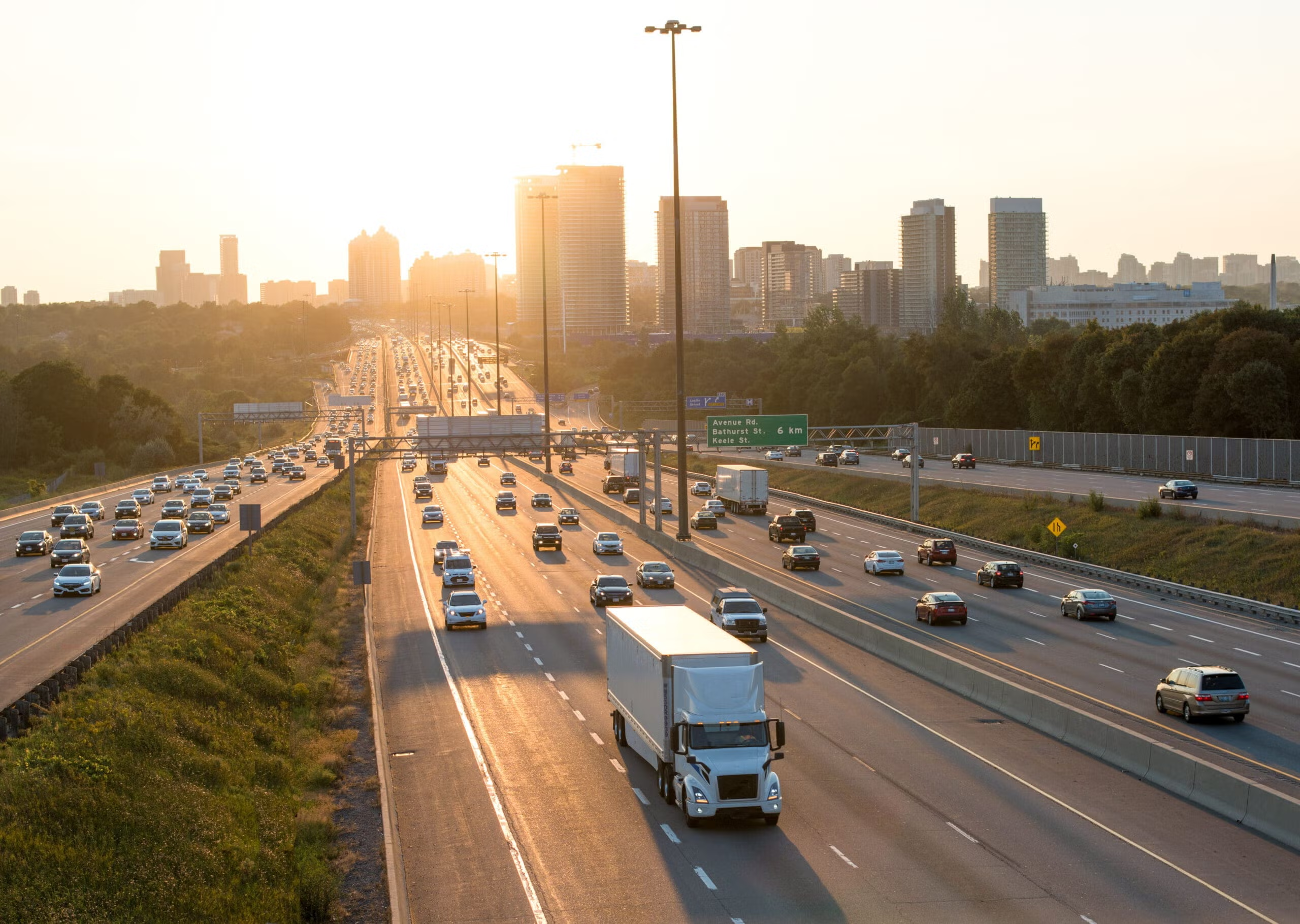American kids don't walk and bike to school much anymore. Even after some modest progress in recent years, only about 20 percent of 5- to 14-year-olds walked or biked to school in 2012, compared to 48 percent in 1969, according to the National Center for Safe Routes to School.

Driving kids to school has picked up a momentum of its own and in some places is seen as the only "safe" way to go. It's reached the point where some parents have been cited for child endangerment just because their kids were walking to school.
Many of those safety concerns are not well-founded, says Lenore Skenazy at Free Range Kids. She shares this take from Touro Law Center professor Michael Lewyn, about the substantial risk children face from not walking:
One obvious harm, of course, is to children’s health. The less children walk, the less exercise they get. One recent study of Toronto children showed that children who were allowed to go places by themselves were 20 percent more physically active than other children. Less exercise often means less healthy. So American children’s failure to walk may be one contributor to obesity and the other health problems related to a sedentary lifestyle.
Second, parents who drive their children expose them to the risk of injury and death from car crashes. An American child is far more likely to die from a car crash than from an abduction by a stranger. Over 600 children die each year in car crashes and hundreds of thousands more are injured. By contrast, 100 children per year are abducted by strangers. Of those, 90% come home.
Third, it is not even clear to me that unsupervised children are at greater risk of criminal victimization than heavily supervised children, because children risk becoming victims even when they’re with their parents. After all, most American violent crime is committed against adults -- only 4.6 percent involves children. This should not be surprising. Since robberies are more likely to be committed by strangers than any other violent crime, and since adults carry more money than children, adults are far more tempting targets. So if any risk to a child is too much risk, children should stay away from their parents. Yes, this is obviously preposterous. But that’s my point. Try to avoid all dangers, even the least likely, and you end up a little crazy.
The possible intervention by Child Protective Services (CPS) creates a fourth risk for children. Suppose CPS discovers that Mom and Dad allowed Junior to escape one time too many, and dispatch him to foster care. What a disaster! Children are twice as likely to die of abuse in foster care as in the general population. But even when CPS and criminal investigations do not lead to family breakup, the investigation itself may be traumatic. [Lenore here: To prevent this, support the Family Defense Center in Illinois. They are doing great work fighting CPS overreach!]
Finally, society as a whole suffers when children are driven everywhere. Every mile logged by parents creates air pollution, and air pollution itself creates health risks for adults and children. Children living near freeways are 30 to 40 percent more likely to suffer from asthma.
Elsewhere on the Network today: Columbus Underground explains Ohio DOT's plan to spend $66 million to add a traffic lane -- and more traffic -- to a portion of the region's ring road. Denver Urbanism reports the Colorado DOT is trying to dress up an ugly highway underpass with colorful paintings. And Mobility Lab gives an overview of how colleges are saving money by getting students out of their cars.





